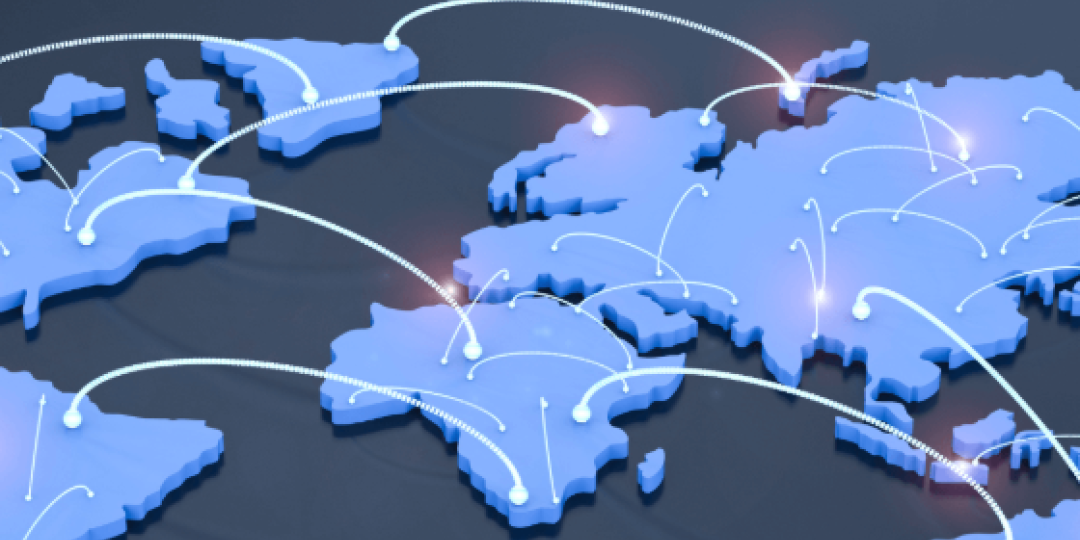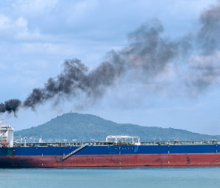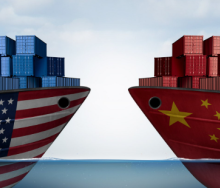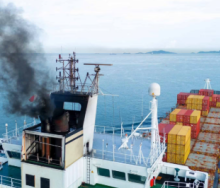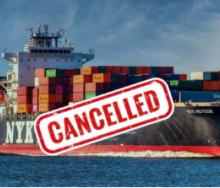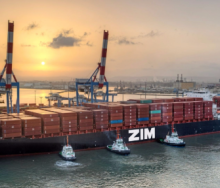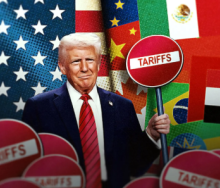Nearshoring and the downstream beneficiation potential for entrepreneurship and job creation by “keeping it local” have become a growing mitigation strategy among retailers and manufacturers, protecting their business interests against supply chain disruption.
Earlier this week, it was reported that local barista chain Vida e Café was sourcing its coffee beans locally, thereby avoiding rampant price increases related to supply shortfalls out of major supplier markets like Brazil and Vietnam.
But South Africa’s coffee bean growers in Kwa-Zulu Natal, Mpumalanga, and now Limpopo, are collectively incapable of catering to local demand, illustrating that nearshoring is not always possible.
According to the 5th “Trade in Transition” study, conducted by The Economist Group and DP World, approximately three—quarters of businesses worldwide are reconfiguring their supply chains by expanding rather than reducing their network of suppliers.
This approach aims to mitigate risks in an increasingly fragmented global landscape.
The study underscores the strategic deployment of what can best be described as “multisourcing”, a strategic shift away from single-source loyalties driven by geopolitical uncertainties.
These uncertainties are expected to intensify, particularly with the implementation of the new American administration’s policies, which prioritise national interests.
The research, presented at the World Economic Forum in Davos, surveyed over 3 500 supply chain executives worldwide.
The findings indicate that companies are being compelled to rapidly adjust in response to rising protectionism and evolving geopolitical alliances. The report highlights that nations perceived as non-aligned—such as Vietnam, Mexico, India, the UAE and Brazil—are emerging as crucial trade hubs.
A substantial proportion of executives, 71%, believe that these countries help mitigate trade risks, while 69% consider them essential for addressing supply chain disruptions caused by global conflicts.
Furthermore, the study reveals that approximately 40% of firms are increasing their sourcing from within the United States, while an additional 32% are implementing dual supply chains to counteract geopolitical risks.
Friendshoring—the practice of relocating supply chains to politically aligned nations—also plays a key role in these strategies, with around 34% of businesses pursuing this approach as a means of navigating tensions between major global powers.
Economic challenges continue to be a primary concern, with 33% of executives identifying prolonged inflation and high interest rates as their most pressing issues.
Sultan Ahmed bin Sulayem, group chairman and CEO of DP World, emphasised that global trade was now more complex than ever, necessitating agility, resilience and innovation.
He said the Emirati port and logistics multinational was committed to supporting businesses through its global infrastructure, local expertise and advanced technology, enabling them to succeed in an increasingly fragmented market.
He added that the research provided invaluable insights into the future of trade, aiming to foster dialogue, innovation and resilience within the global supply chain ecosystem.
John Ferguson, who heads up New Globalisation at Economist Impact, The Economist Group division behind the research, observed that the future of global trade would be shaped by three key factors: shifting geopolitics, climate change, and advancements in artificial intelligence and automation.
He said that instead of retreating from international trade, businesses were embracing the challenge, with those maintaining agility and cost efficiency likely to gain a competitive edge. He added that firms that integrated risk management with AI experimentation and maintained an open approach would be best positioned to succeed in this new phase of globalisation.
The report further highlights that resilience has become a defining priority for supply chain executives. Companies are pursuing resilience through both diversification and localisation, each presenting its own set of trade-offs.
Diversification spreads risk by sourcing across multiple geographies, but it requires precise execution to prevent costs from escalating. Localisation, on the other hand, provides greater control and minimises transport-related disruptions but involves high initial investment and could result in excessive dependence on regional suppliers. Striking the right balance between these strategies is crucial for long-term success.
The landscape of global trade in 2025 will be shaped by complex decisions and competing priorities.
Businesses will need to choose between diversification and localisation, as well as between flexibility and control. Supply chain strategists will have to develop long-term visions that integrate resilience with efficiency, while managers will need to execute these strategies and navigate the associated trade-offs. Ultimately, firms that successfully combine ambition with pragmatism in their decision-making will be best equipped to withstand ongoing disruptions and thrive in this evolving era of globalisation.
